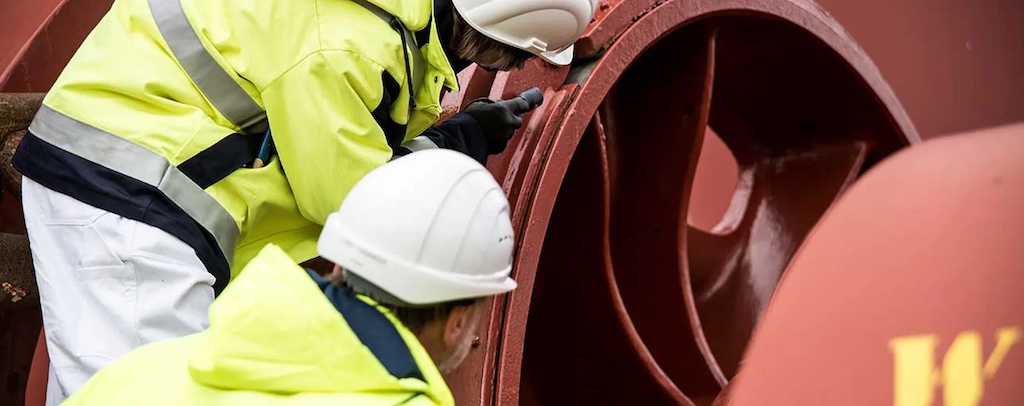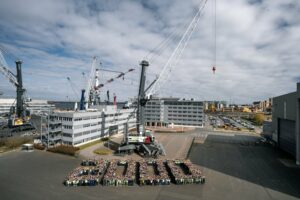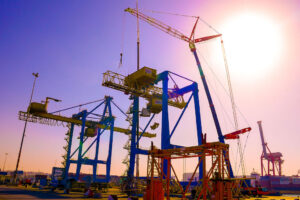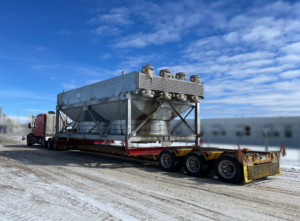DNV has introduced a new competence standard (ST) for methanol and a recommended practice (RP) for ammonia to address the safety challenges and risks associated with alternative fuels as shipping moves toward decarbonization.
As the adoption of alternative fuels accelerates, ensuring robust safety frameworks and crew competence has become critical. According to DNV’s Alternative Fuels Insights platform, the number of vessels equipped for alternative fuels continues to rise, with 322 methanol-fueled ships and 27 ammonia-fueled ships currently on order. To facilitate the safe operation of these vessels, shipboard crew must develop the necessary knowledge, skills, and updated procedures.
Knut Ørbeck-Nilssen, CEO of DNV Maritime, emphasized the importance of bridging the safety and competence gap: “Embracing new fuels and technologies is essential to achieving our decarbonization goals, but these advancements introduce new risks, adding complexity to an already challenging operating environment. To obtain a safe, timely, and impactful maritime transformation, we need to ensure safe operations by supporting both our seafarers and onshore personnel. Competence development is crucial for managing the transition safely and avoiding a safety gap that could put crew, assets, the environment, and our decarbonization efforts at risk.”
Published in October, DNV-ST-0687 addresses “Competence related to the use of methanol as fuel,” while DNV-RP-0699, released in December, focuses on “Competence related to the use of ammonia as fuel.” These documents define clear competency requirements for shipboard personnel operating methanol- or ammonia-fueled systems, ensuring the crew can operate and maintain onboard systems safely.
Kirsten Birgitte Strømsnes, Business Development Leader at DNV Maritime Advisory, highlighted the broader organizational impact:“Introducing methanol or ammonia as fuel onboard vessels will impact personnel ashore, the shipboard crew and the shipowner’s organization. It is critical that the crew can recognize risks and operate systems safely, and the organization needs to accommodate for this through, for example, safety management systems and other organizational means.”
The Methanol ST and Ammonia RP offer shipowners an essential framework for identifying training needs, planning crew development, and creating procedural manuals. These documents also serve as vital tools for maritime academies, training providers, and third-party certification bodies to develop curricula, assess competence, and ensure safety standards are met.
Collaboration was key to the development of these standards. DNV partnered with OSM Thome and Northern Marineto design the methanol standard, while the ammonia recommended practice was developed in cooperation with Amon Maritime, Azane Fuel Solutions, Yara Clean Ammonia, Wärtsilä, Kongsberg Maritime, and Bernhard Schulte Shipmanagement/Ula Ship Management.






